COUNSELLING CONNECTIONS
News from college counsellors Br Roger Vallance FMS &
Mrs Marijke Keller
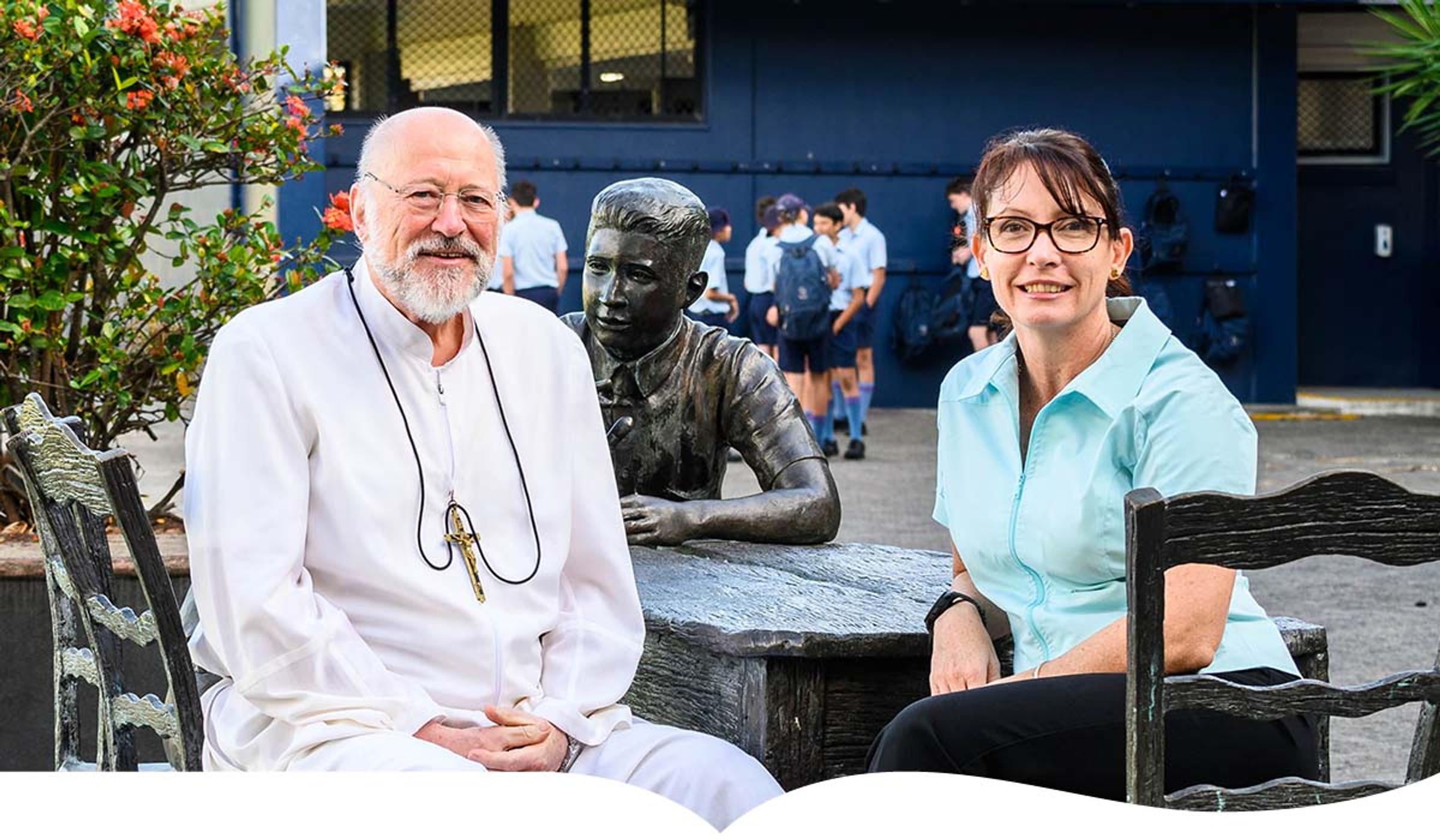
COUNSELLING CONNECTIONS
News from college counsellors Br Roger Vallance FMS &
Mrs Marijke Keller
This third term is coming to a close in a couple of weeks. This does mean that many of your sons have assessments coming up, assignments soon due, and this can bring a quantum of stress. Indeed, it is sometimes the case that the more capable students are more stressed because they have high expectations of themselves and want to achieve at the top of their classes. And wanting to achieve is good!
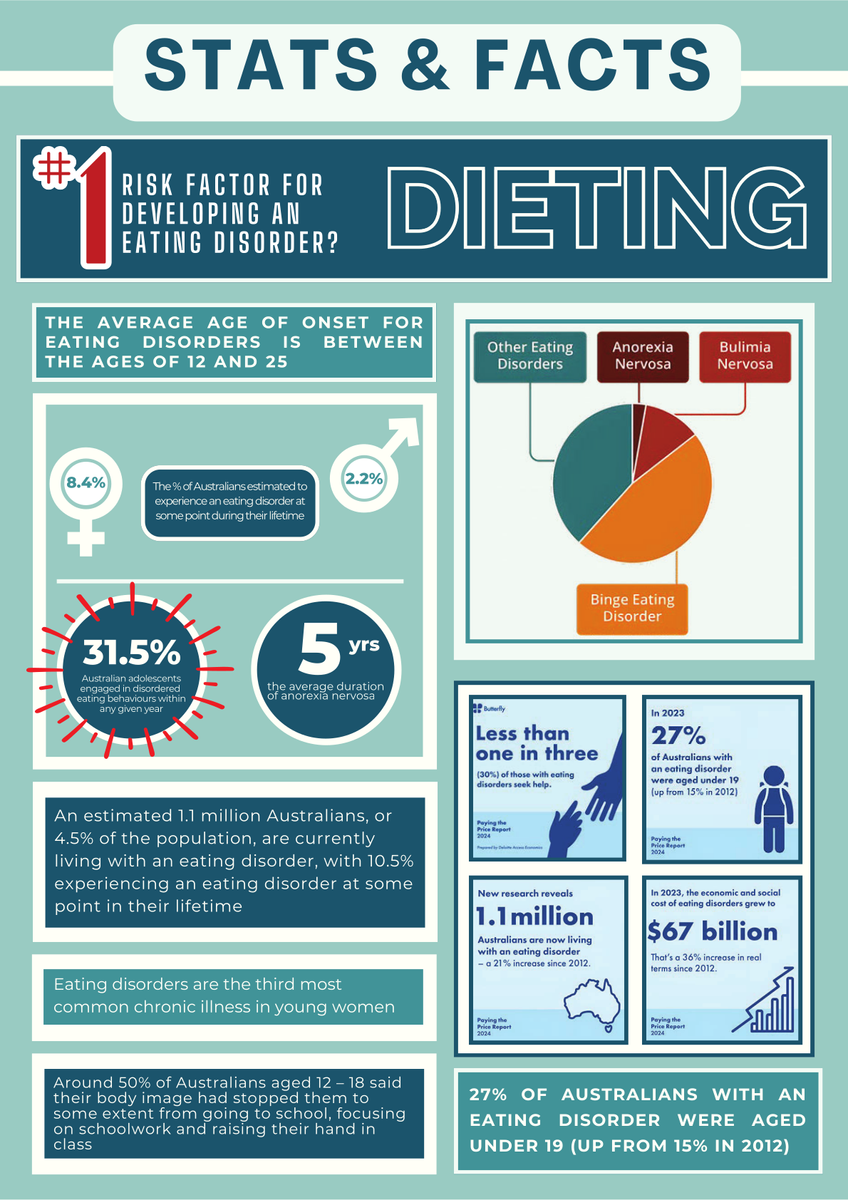

Disordered Eating: causes and prevention
One consequence of stress can be evidenced in disordered eating. While the first step that many adolescent girls take towards an eating disorder is dieting, it is now also frequently seen among adolescent boys. Whether the intention is to lose weight, to look "ripped" or to be more athletic, dieting and protein supplements taken as a food alternative can be a slippery slope to an eating disorder.
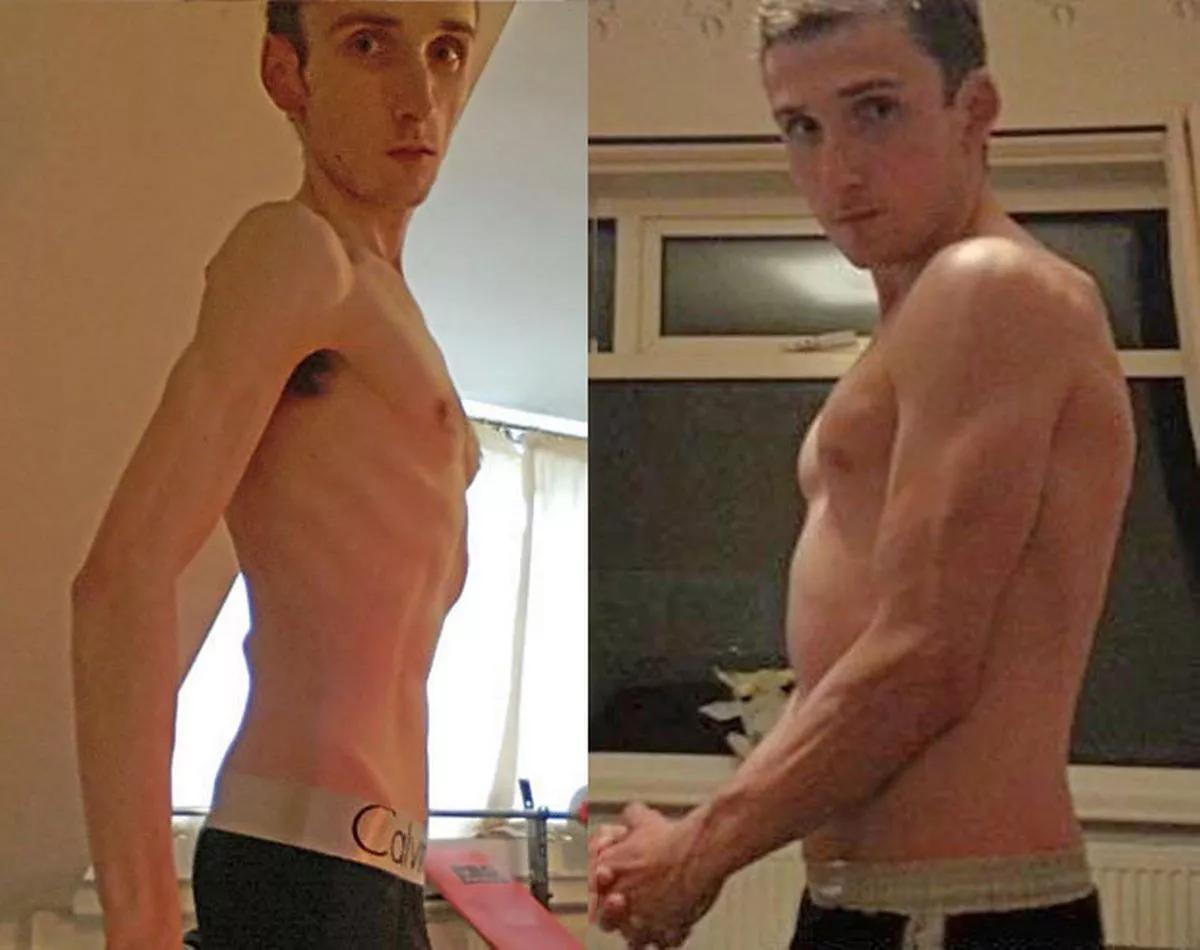

The other trigger for an eating disorder is anxiety. We all have experienced how anxiety can make the stomach feel queasy. Indeed, anxiety can lead to throwing up or incontinence. Ongoing anxiety can increase the severity and persistence of these symptoms. At times the thought may form “if I eat less I won't feel so sick”. And this trigger can lead to lots of deceptive thinking patters, where the healthy body is perceived by the eating disordered mind as fat; likewise the eating disordered mind can perceive an undernourished body as fat.
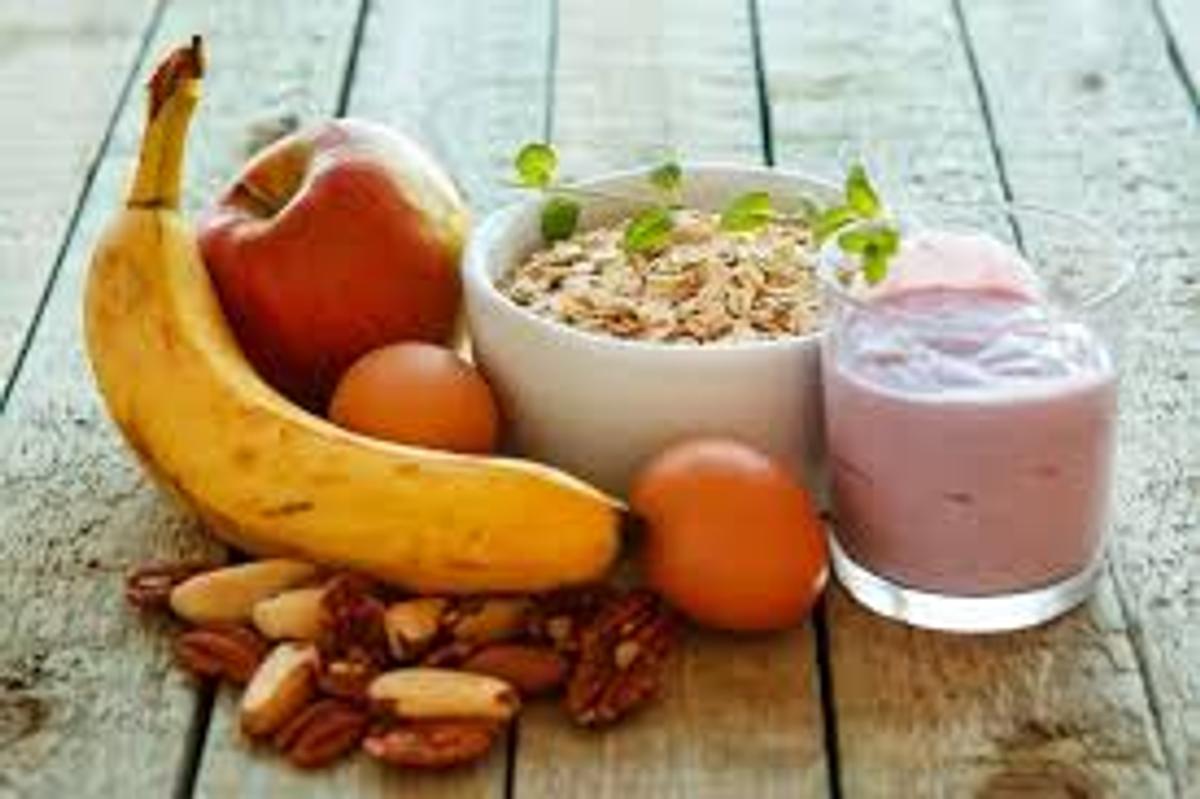

One item of advice that I offer is that students need protein to start the school days with its demands on both body and mind. Protein is slowly metabolised to provide nourishment throughout the day. The linked file Best Brain Foods for Studying offers ideas that will fit seasonal choices, breakfasts and school lunches as well as family dinners.
The following larger file tackles adolescent and student eating disorders and I recommend it to parents. This file is courtesy of Ed-Link Queensland.
There’s an app for that!
I recommend two phone apps, iPhone or Android, of which I have read solid research and careful design features.
Sleep Ninja
Adolescents struggle to get the recommended 8-10 hours of sleep each night, and about 40% of young people will experience a significant sleep problem by early high school. Sleep problems are associated with an increased risk of mental health problems, including depression and anxiety. Research shows that sleep plays an important role in these disorders, and that there is potential to prevent mental health problems by improving adolescent sleep.
Sleep Ninja comes from the Black Dog Institute and is a free download for anyone in Australia.
Clearly Me
ClearlyMe® is an app designed for young people aged 12-17 who are experiencing depressive symptoms, psychological distress or in other words, going through a tough time.
Depression can be more than just feeling low or sad. It could mean that we are feeling stressed, worried, anxious or overwhelmed. Other times, it could be that we struggle to get out of bed in the morning, and we don’t know why.
It is normal to go through tough times, and usually, they can pass on their own. But sometimes, they stay for a little while longer. And it can be hard to explain this feeling to others, leaving us feeling alone or even unseen.
ClearlyMe can help you to:
Clearly Me is another free download app iPhone or Android from Black Dog.
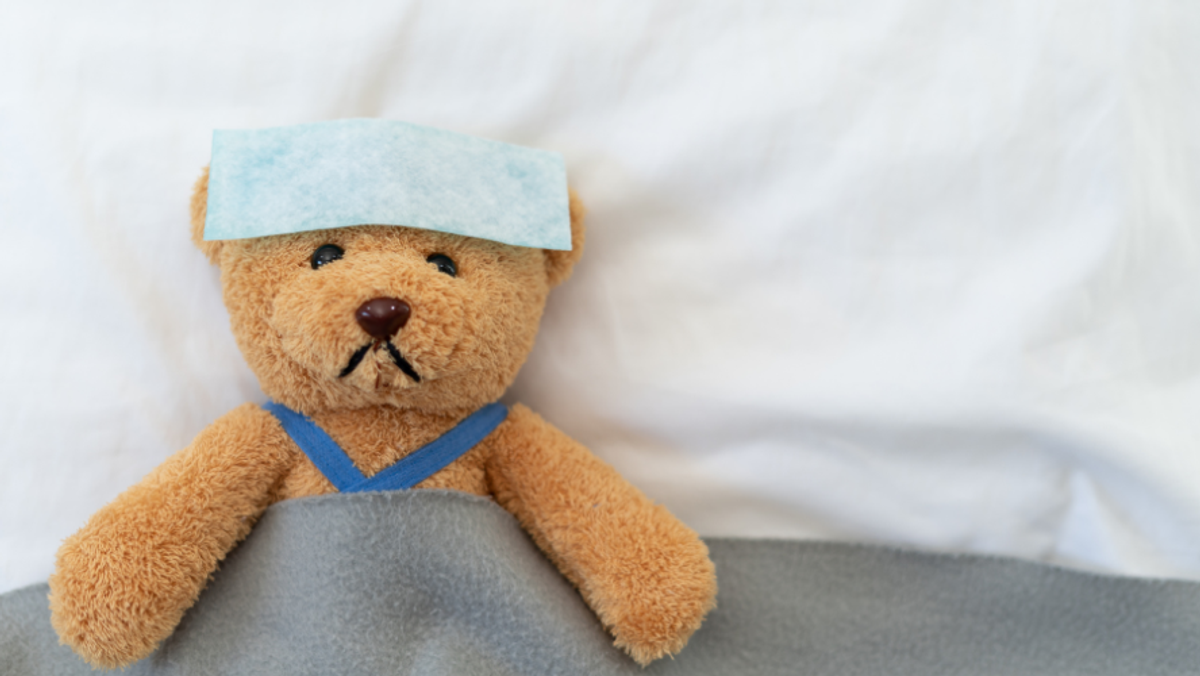

Cold and flu season: Stay healthy, teens
As temperatures drop in Australia, cold and flu season is here. Staying healthy during this time is key, especially with school and social activities in full swing. Here’s how to protect yourself:
1. Prevention tips
2. Feeling sick?
3. Should you get the flu shot?
The flu shot is recommended for everyone, including teens. It reduces your chances of getting the flu and spreading it to others. Talk to your GP if you’re unsure.
4. Stay Social, but Safely
If you’re sick, it’s best to stay home and rest to avoid spreading the virus. Your friends will appreciate it, and you’ll recover faster.
Stay Strong!
By following these simple tips, you can enjoy the season and stay healthy.
And remember, if you do get sick, it’s okay to take time to recover. Your health comes first.
Ms Sacha Donaldson RN: sdonaladson@cns.catholic.edu.au 4052 9112
Ms Marijke Keller: mkeller@cns.catholic.edu.au 4052 9136
Br Roger: brroger@cns.catholic.edu.au 4052 9135